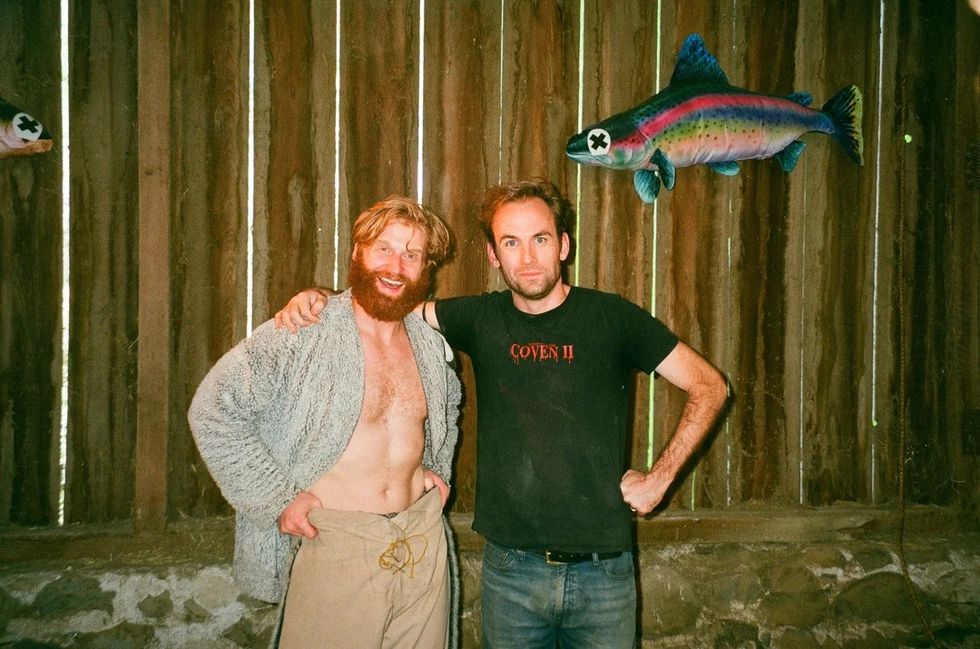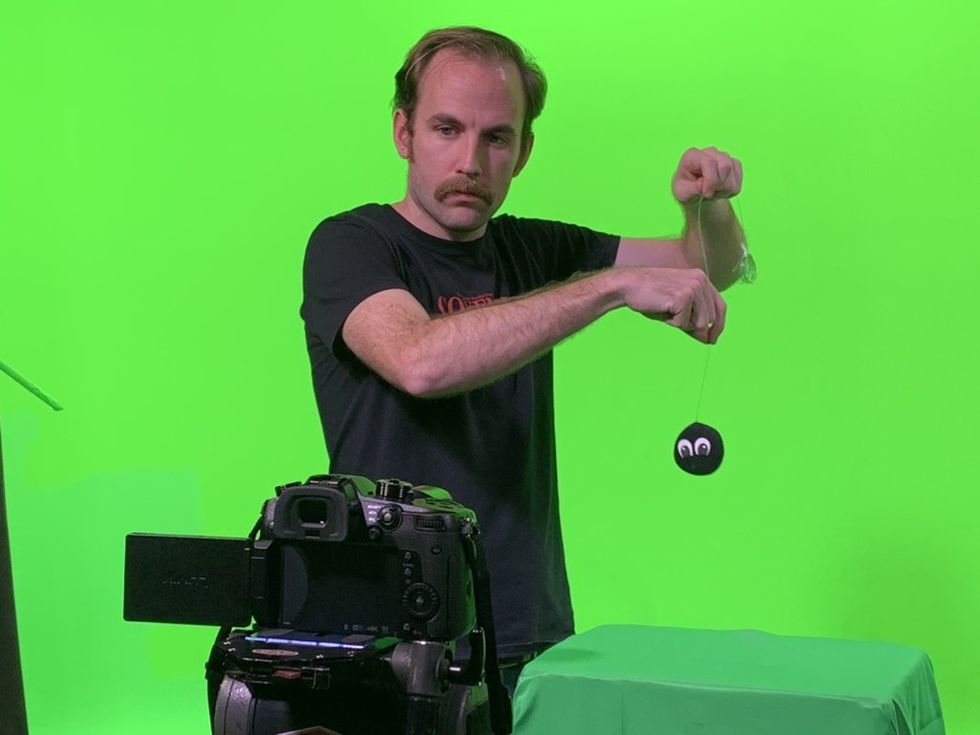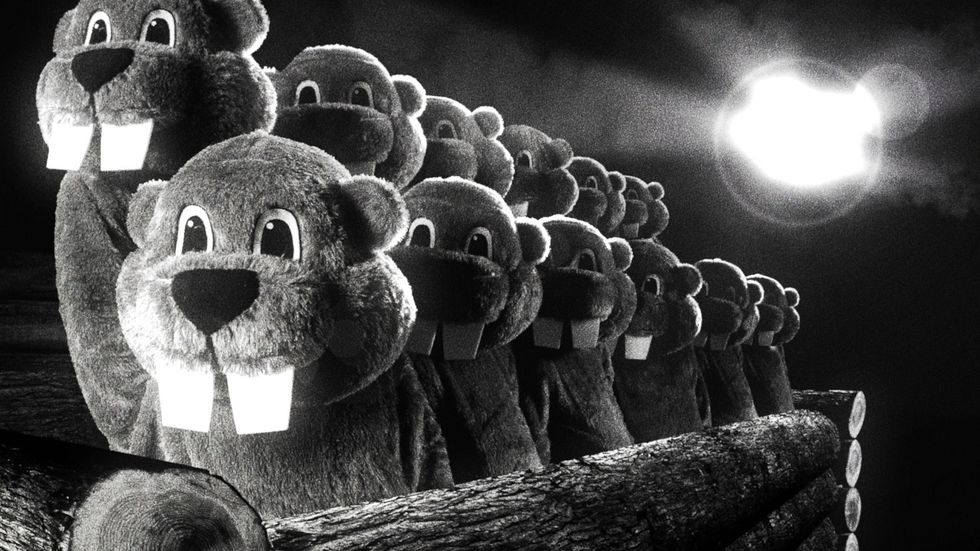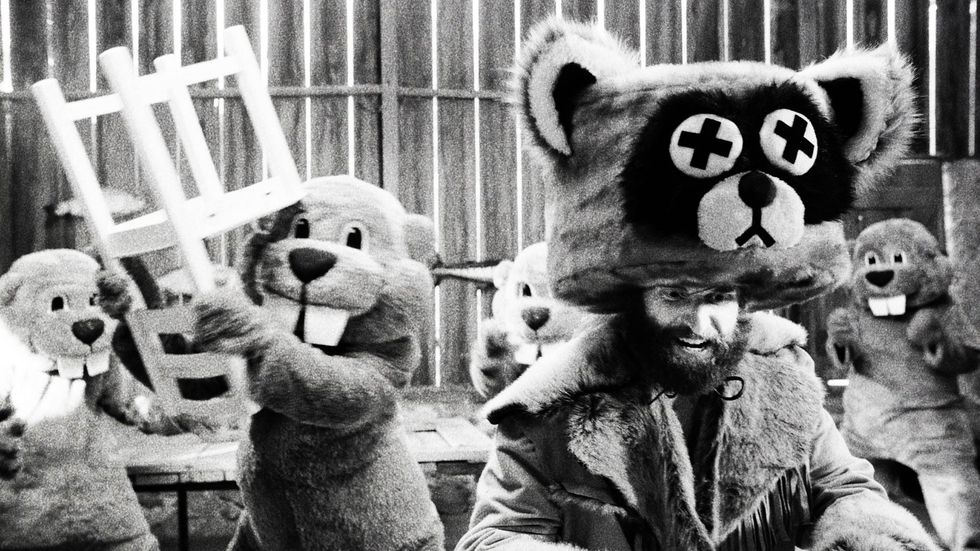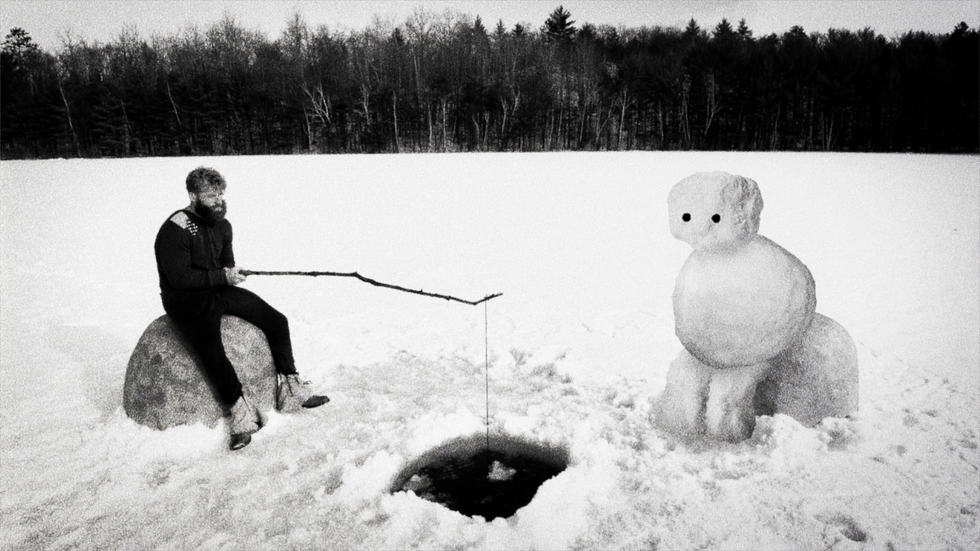What Makes the Beginning of a Movie Great?
First impressions are everything, even in screenwriting.
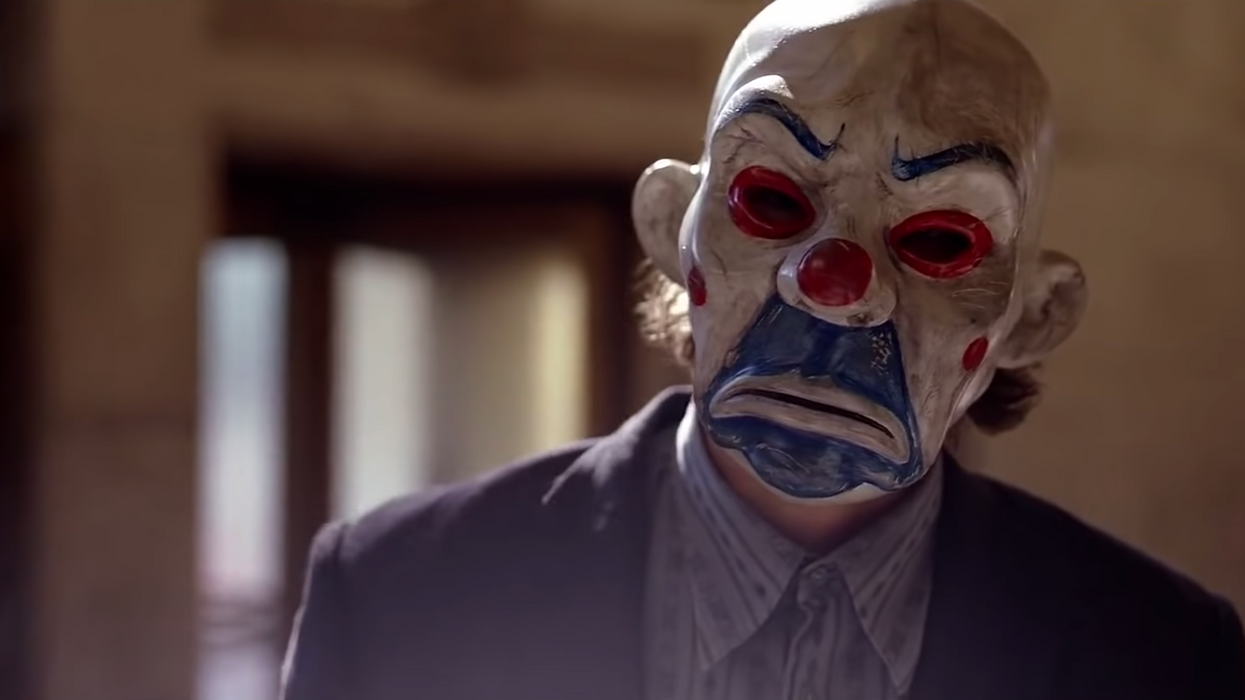
Okay, you're sitting there at your desk with your cursor blinking on page one of your screenplay thinking, "How the hell do I start this thing?"
That's a great question to ask yourself, my friend. The introduction, beginning, opening...whatever you want to call it...to your movie is incredibly important to get right. If it's too slow and boring your viewer isn't going to stick around to even watch your hero be called to action, and if it doesn't provide enough information about its tone, themes, or the general story, your viewer is going to be pretty confused by Act II.
In this video, Henry Bosely of The Closer Look shares some keen insight on how to craft the opening scene of your screenplay, including effective ways to share important information, not so effective ways to share important information, and how you shouldn't be afraid to break the rules.
Intros Should Be Intriguing
There's gotta be a pull, right? Your viewer has just gotten comfortable in their seat, whether it's in a theater or their living room, and they're ready to be wowed...or at least intrigued...or at the very least given a reason to not get up and find something better to do.
How are you going to capture the attention of someone who has undoubtedly seen hundreds of intros before?
Given that they don't know what to expect, you've got the element of surprise right there in front of you, so you can always try to show them something they've never seen before. There are so many ways to do this in the first few minutes of your film: provide an unexpected twist like in Lord of War, juxtapose a beautiful landscape with ominous music to set an uneasy tone like in The Shining, or just go for complete absurdity like in Monty Python's The Holy Grail.
"Establishing elements of the story really is the purpose openings have to serve."
Intros Should Also Be Informative
Now, I know I said your audience doesn't know what to expect, but that was, I guess, kind of a half-truth. They do know what to expect...or they at least have expectations that your intro is going to tell them who and what your story is about.
Within the first few minutes of your movie, you should be able to introduce your protagonist (or even the antagonist if that's the route you want to go), provide information about their character, communicate their goals/fears/flaws/etc., as well as establish the themes of the overall story.
Of course, you don't have to stuff all of that into your film's opening but understand that your audience is expecting, and certainly needs, some information to get an idea of what they've got themselves into.

Info Dumps Are Kind of Dumb
Not just dumb, but lazy, too. Your audience doesn't want to be told what your story is about or who your characters are—this isn't a lecture, it's a fuggin' film—they want to be shown. Give 'em a little razzle-dazzle...and when I say "razzle-dazzle" I mean do anything other than a voiceover that plays like a video brochure of some third-rate resort.
Finding clever and creative ways to communicate important information to your audience is really not that difficult because literally everything on screen speaks volumes: the location, the time of day, the lighting, the costuming, the camera movement, the blocking, the lenses used, the set dressing, and the potential messages sent via the juxtaposition of all of those elements.
You don't need to tell your audience that your character is a lazy millennial who isn't living up to their great potential—when you can have them sitting in their disgusting living room playing video games and spilling cereal on their Harvard alumni sweatshirt.

Don't Be Afraid to Break the Rules
And if all else fails, just do your own thing.
I know, I know...there are tons of different screenwriting gurus and experts out there telling you to do this and that, and a lot of the time they're right. Sure, stories work really well when there's a clear beginning, middle, and end and when there's plenty of conflict and when it's structured in a way that makes the story easy to follow.
However, if you know these so-called rules well enough to break them, don't be afraid to do it, namely if it'll benefit your script. Maybe a voiceover that gives a perfect IMDb synopsis of the plot works really, really well for your story. Maybe a slow, meandering opening sets the right pace for your film.
If it works, if it benefits your story, if it's the best option, do it.

Source: The Closer Look

